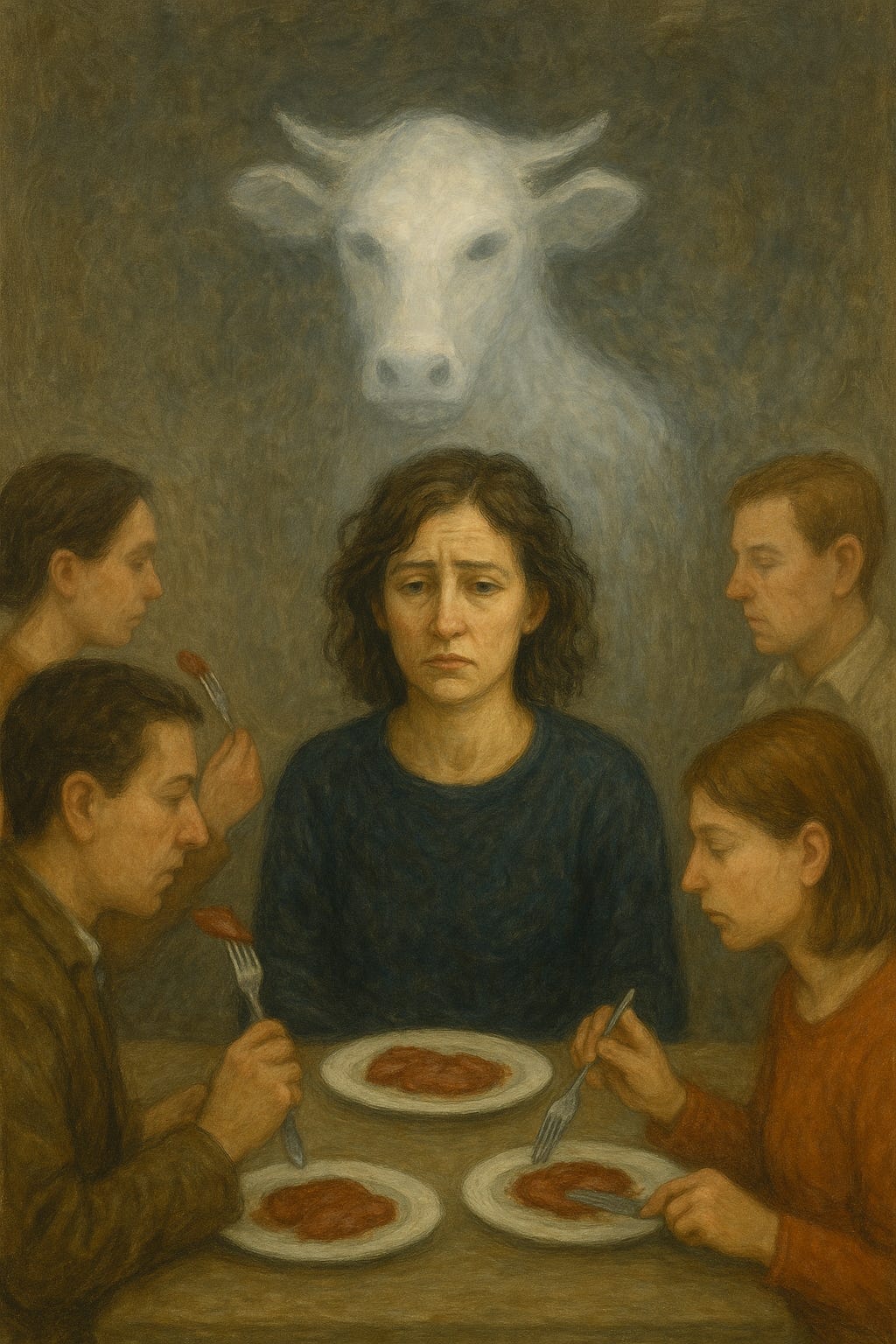Crosspost; edit: added target group description; announcing closed first application round
###############
First application round closed:
We closed the first application round on Friday 21st February. Confirmations will be sent on Sunday 22nd.
Very limited space for further participants will be available. Feel free to apply until Friday, February 28th 2020.
###############
NEAD (Netzwerk für Effektiven Altruismus Deutschland) in collaboration with EA Oxford is excited to announce a weekend workshop with senior biosecurity experts.
In a nutshell
- Weekend workshop in Oxford, 2nd of May, Friday evening – Sunday noon
- 20–25 participants, European audience
- Speakers: Jaime Yassif (NTI), Cassidy Nelson (FHI), Piers Millett (FHI, WHO)
- Depending on funding situation: Free / ticket fee (80–150€) / mini-stipends
- Target group: EA aligned; Ambitious to contribute to GCBR reduction; Applicants from diverse backgrounds welcome
Goals:
Develop, communicate and establish a responsible, cautious and supportive culture for EAs around contributing to the delicate area of GCBR reduction.
- Map the current biosecurity space
- Understand what defines ‘robustly good’ in the context of GCBR reduction
- Develop concrete, focused and actionable ways of contributing to GCBR reduction
- Provide follow-up actions for participants and the EA biosecurity community as a whole




in the application form we state
Target group:
- EA aligned
- Ambitious to contribute to GCBR reduction
- Applicants from diverse backgrounds welcome